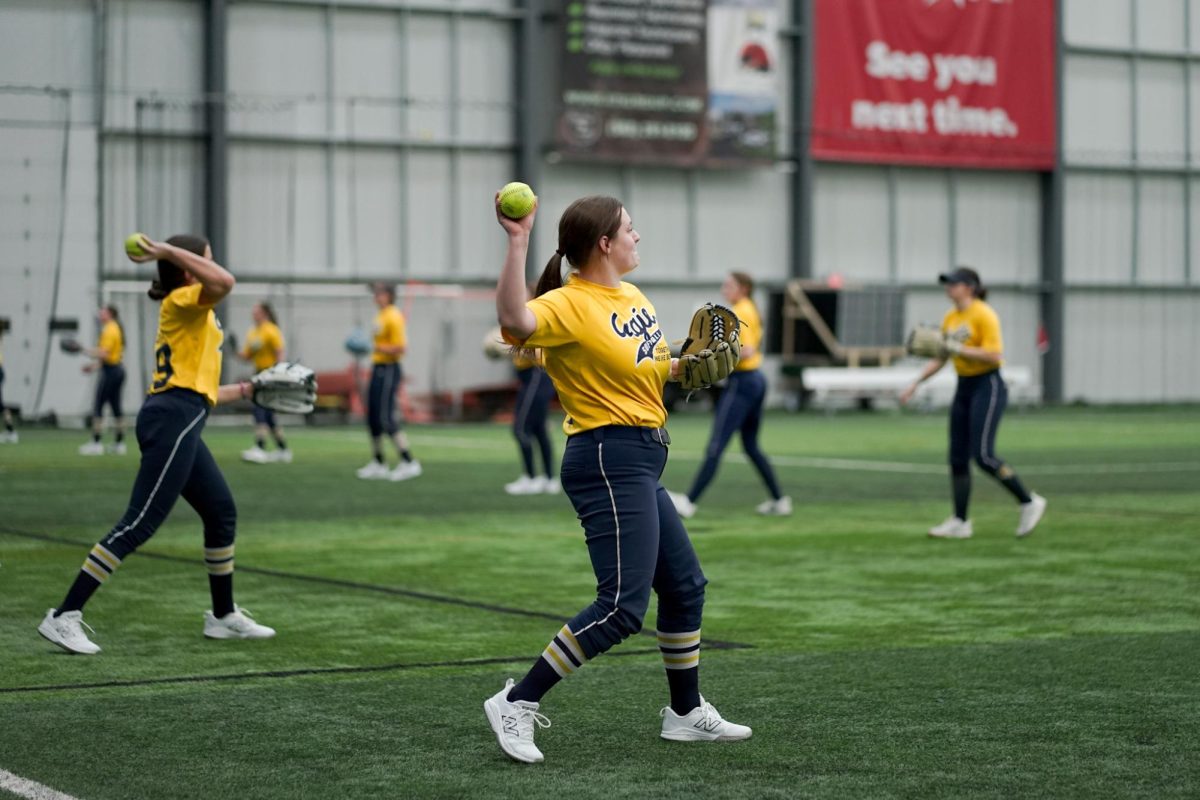For the studios releasing them, movies are often a gamble. It’s rare that a movie releases nowadays without just as many zeros in its marketing budget as were present in its original production budget. When a studio throws as much money as they sometimes do at films, they do it expecting that the film will make back its budget and end up being ultimately profitable for the massive amount of man hours that are required for any modern major production.
However, occasionally, this just doesn’t happen. Often, this is a result of the quality of the film being severely lacking. For example, just last year “Justice League” saw only a $93.8 million opening weekend. A large amount of money, yes, but far less than one would expect for the opening of a superhero ensemble movie of that magnitude. A quick glance at an aggregate site like Rotten Tomatoes or IMDB finds the reason for this underperformance is as obvious as the average scores are low.
Other times, a quality movie will just underperform because the audience isn’t there, or it wasn’t advertised correctly. Movies like “Blade Runner” or “Fight Club”, though later regarded as classic, well loved films, ended up making most of their money in the after-box office market, through DVD and licensing deals. This past weekend, of January 14th, “Paddington 2” became one of those movies.
It’s only January and, according to Rotten Tomatoes, there’s already a contender for best reviewed movie of the year. “Paddington 2” has become one of only four movies to ever recieve a 100% on their site after more than 100 critic reviews, meaning every review was positive. The natural assumption is that a movie so well reviewed, and with a national, many-theater release, will perform well at the box office. However, domestically, the movie pulled in only a below average $15 million opening weekend.
“Paddington 2” is doing decently internationally, but the question of why it’s performed so poorly domestically is worth examining, if only for what it says about American movie culture.
Some might argue that it could be blamed on a disparity between what critics and audiences think makes an entertaining film. But, with an audience score of 90% on Rotten Tomatoes, critics and audiences seem pretty well in agreement.
One reason could be a lack of brand recognition, while “Paddington” is a well-loved household name in the U.K, it doesn’t have near the zeitgeist in the U.S. that, say an American branded film would. Another reason could be the style of humor, as British humor skews drier than most American media.
This is somewhat concerning, as it means that audiences are encouraging the rehashing of franchises, sequels, and tired jokes until they’re beaten down into the dirt. This runs the risk of losing out on truly innovative, quality content.
A big reason is surely, though, a lack of advertising. Even though the first “Paddington” had a fairly present American marketing campaign on its release 2 years ago, the sequel has been rarely seen before its fairly quiet release. Perhaps the studio only focused advertising on the U.K. market, where they felt comfortable expecting a large release. If this is the case, it’s worrying that studios could be leaving entire untapped markets unaware of great movies.
The hope is then, that even without marketing, a movie like “Paddington 2” can speak for itself. It hits perfectly that sweet spot that so many family movies attempt and miss, where a balance between quick action and smart humor can keep both adults and children engaged. Actor Ben Whishaw puts forth a heartwarming to-the-extreme performance while lending his voice to the titular bear, while Hugh Grant also aids in rounding out a solid cast as the extremely narcissistic and villainous actor Phoenix Buchanan.
Interaction with the CGI bear is solid throughout, a real concern for any movie sporting a star who would have to be less than present at the actual filming. Additionally, this movie is home to one of the most vibrant depictions of London in cinema, with the colors popping and the sound design whimsical enough to aid it everystep of the way.
Hopefully, over the coming weekends, and “Paddington 2” can see the kind of box office success that encourages studios to take risks with more original properties in the American market. Until then, 44 sequels and reboots hit theaters in 2017, according to Business Insider, and I’m sure we can expect just as many in theaters this year.










































































































